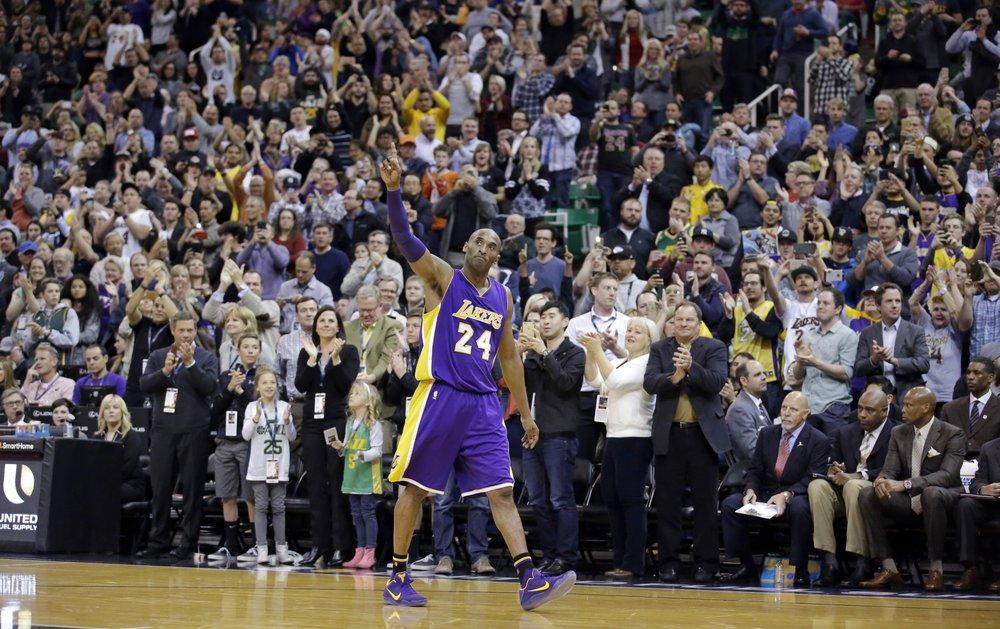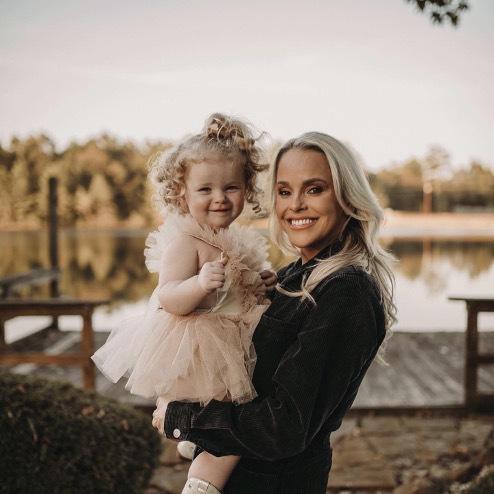
When someone close to us dies, when we are finally able to speak, our response is often pure disbelief. We start to wonder how and why something like this could happen, sending us into a panic. Understandably, we want to know as many details as possible. This process makes the job of the informant crucial and sensitive. Informing should be done even more carefully when it is being distributed to an unseen crowd of millions.
On Jan. 26, a helicopter crash killed Kobe Bryant, his daughter Gianna “Gigi” Bryant and seven others. Extremely soon after the world knew thanks to a report by TMZ.
Many news organizations scrambled to get a story out quickly, leading to misinformation about the tragic event spreading amongst the public. As a result, verbal stones were pelted at media organizations who rushed and made mistakes in their reporting.
Others also pointed out that it was not right to report on anything before the family of those deceased had a chance to be informed by the police, who were still sifting through the wreckage at the time of the announcement.
It should be noted that it is the public’s own attachment to the celebrity that lead to the frantic pace to get a story out. Thinking back to many celebrities of the past, from Michael Jackson to Marilyn Monroe, their fame spiked after their deaths. The younger they were, the more tragic the event.
Even those who didn’t particularly know about the celebrity want to at least touch the subject a little bit, so they feel involved in some way. Those who were fans want to know everything about it.
They may have spent years developing deep and almost familial relationships with the celebrity from afar. The information used to build this relationship is often spread through the media. This is where the problem lies, with so many fans developing such intense relationships with people they will never know personally.
Social media only speeds up the reaction, allowing more information to travel quickly and increase demand for more details.
When people get to this level of fame, every detail of their death that is released becomes its own private spectacle. The pull to deliver this to the public, to get the story and the viewership seems natural in an industry driven by clicks and copies sold.
Short of an overhaul of journalism as we know it today, better education about these pressures of such reporting and making an effort to create a healthier respect for celebrities might provide a way to lessen the rush on these stories to give celebrities and their families the respect they deserve.





